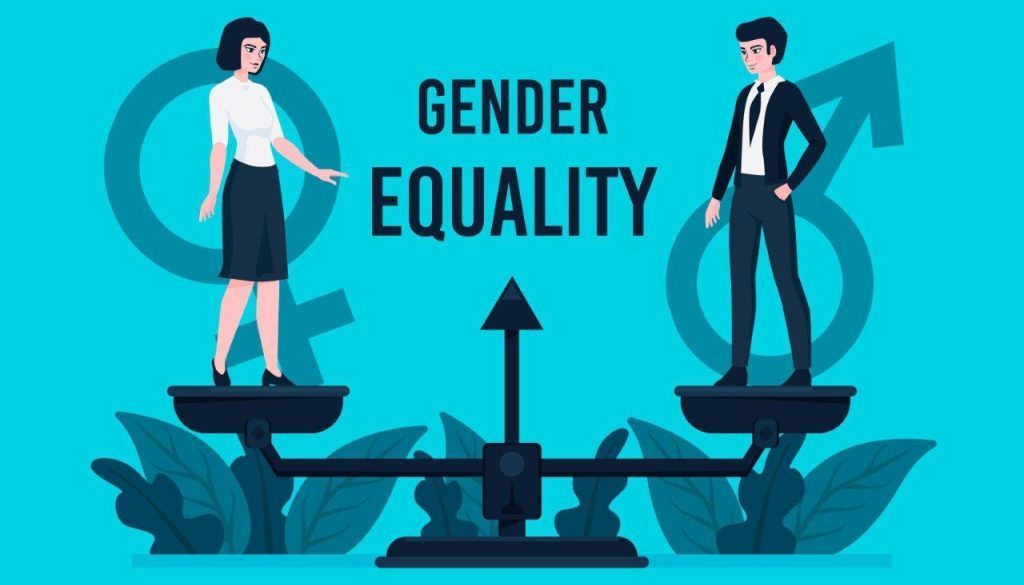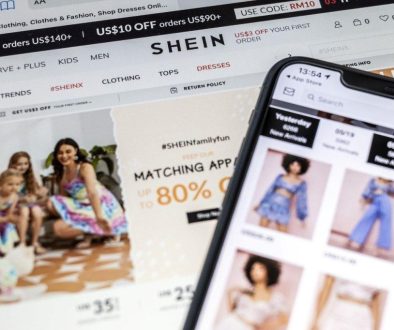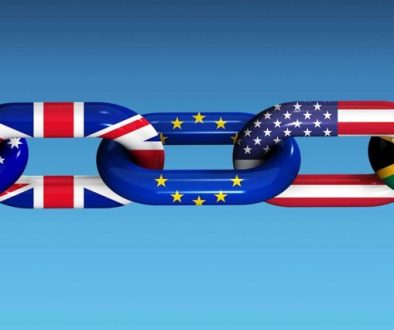Embracing Gender Equality: A Strategic Imperative for Banks in the Arab World
In the intricate tapestry of global economics, the imperative of gender equality transcends conventional notions of social justice, emerging as a linchpin for sustainable growth, societal cohesion, and financial resilience. This paradigm shift, from viewing gender equality as a moral obligation to recognizing its pivotal role in driving economic prosperity, underscores a fundamental truth: diverse, inclusive economies are not just morally right—they are economically robust and socially resilient.
Within the corridors of banking and finance, where decisions wield profound ramifications for global markets, the case for gender diversity is compelling. Research from institutions like the International Monetary Fund and the European Central Bank underscores a consistent narrative: gender-diverse teams outperform their homogenous counterparts. Firms with equitable gender representation in decision-making roles demonstrate greater financial resilience, innovation, and long-term profitability. Moreover, studies reveal that companies with more women in leadership positions exhibit stronger environmental, social, and governance (ESG) practices, positioning them as exemplars of sustainable business practices.
Beyond the boardrooms, the impact of gender equality reverberates across societal spheres, offering a blueprint for inclusive economic growth. Women, who influence a significant proportion of consumer spending decisions, are predisposed towards environmentally conscious choices. Consequently, businesses that integrate women’s perspectives into strategic decision-making processes are better positioned to tap into burgeoning markets for sustainable products and services. This underscores the symbiotic relationship between gender equality, environmental sustainability, and economic prosperity.
In the context of the Arab world, where economic transformation is underway, embracing gender equality assumes heightened significance. While strides have been made in promoting women’s participation in various sectors, significant barriers persist, hindering the realization of their full potential. Despite facing challenges in accessing financing and navigating cultural norms, an increasing number of women in the Arab world are venturing into entrepreneurship. However, the untapped potential of women remains vast, presenting an opportunity for banks and financial institutions to play a catalytic role in fostering gender-inclusive economic growth.
As stewards of economic progress and custodians of financial stability, banks in the Arab world stand poised at a critical juncture. By championing gender equality, banks can unlock a reservoir of talent, drive operational excellence, and bolster the resilience of financial institutions. Moreover, fostering an environment of inclusivity not only enhances the ethical standing of banks but also aligns with strategic imperatives for sustainable growth and innovation.
In conclusion, the journey towards gender equality is not merely a moral obligation—it is an economic imperative. By embracing diversity, fostering inclusion, and championing women’s empowerment, banks in the Arab world can propel the region towards a future of inclusive prosperity, resilience, and sustainable development. In doing so, they will not only enhance their own competitiveness but also contribute to the broader narrative of economic transformation and societal advancement in the Arab world.



